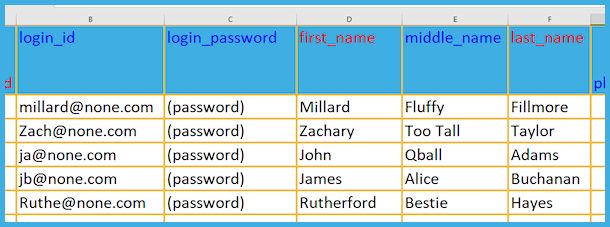Data migration: 7 key questions
Fifteen years ago, few people talked about data migration related to online registration. The percentage of training programs employing full-blown registration management was still small. Now, programs handling difficult registration processes via phone and paper are nearly as rare as those still using Netscape Navigator.
Programs tend to already have an online registration system. In many cases, the system is either very old and home-grown, or it’s incapable of handling the workload and meeting ever-changing security requirements. Often, it’s both. If you’re considering switching to a new registration management system and migrating at least some of your historical data, preparing it for import is vital. Variations in the quality of the data can affect how long—and thus how much it would cost—for data migration.
The condition of the data can make the difference between a process that is mostly headache-free and costs several hundred dollars versus data migration that costs several thousand dollars.

Before going too far with data migration, consider these seven questions:
• Do you want to migrate only demographic information, such name, email address, title, etc.?
• Or do you also need historical data, which would include the registration history (who signed up for what and when) from the old system?
• In either case, is the data in a standard format? For example, is it in—or can it be copied into—an Excel spreadsheet? The file would require separate columns for each field (name, address, position, event title, date, attendance status, payment status, continuing education credit, etc.).
• If you plan to import registration history (event title, date, attendance, etc.), how many years back to you want to go?
• Does the history need to be imported into a new system, or could the same data reside offline in a spreadsheet? For example, would you periodically need to run reports including data collected in the old system?
• Are all records in one or in multiple databases? If in multiple databases, can they be merged?
• How uniform are the fields you want to migrate? For example, if you’re transferring a person’s title as part of their record, is the answer engineer for that position, or are some engineers listed as engr in the old system? Response uniformity makes migration of records much easier.
For pain-free data migration to a new system, it helps if data is so clean you could eat off it. Depending on what you want to migrate and its condition, you often can use existing tools, like those in Learning Stream, to do it yourself. However, more complex migrations often require expert support. If you are considering switching systems and want to further explore data migration options, please contact us any time.
